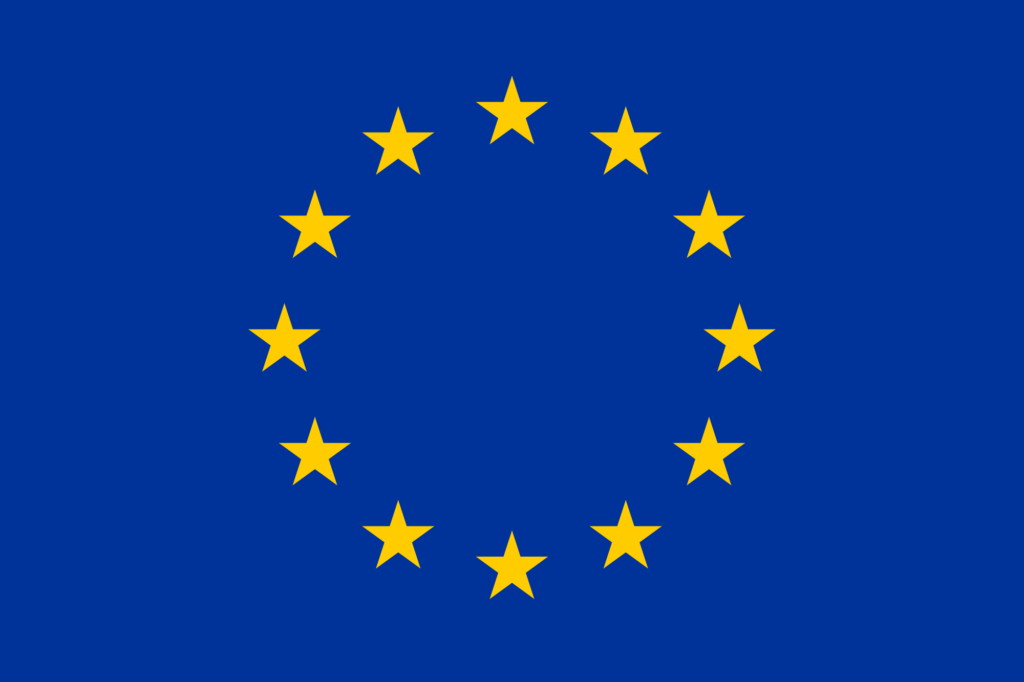
Before applying for a residence permit or citizenship of the European Union, it is more than recommended to understand the LGBT rights and the EU legislation. Gay, lesbian, bisexual and transgender applicants qualify for the immigration in the EU without discrimination through residency or citizenship by investment programs.
The European Union protects the LGBT rights under EU laws and treaties. The fundamental right of same-sex sexual activity is naturally legal in all EU Member States and the discrimination in employment is prohibited since 2000. But the Member States have different legislation, related to:
- same-sex civil union
- same-sex marriage
- adaption by same-sex couples.
Comparing the fundamental gay rights in the Member States of the European Union
The EU law never criminalised the same-sex activity; the last Member State decriminalised the fundamental rights in 1998.
LGBTQ people can serve in the military of every country, except Cyprus.
Employment discrimination is outlawed, and some Member States have even further protections.
LGBT family rights in the EU
Same-sex marriage is recognised in 22 of the 28 nations. Only six countries in the EU does not allow it.
Joint adoption is allowed in 13/28 EU Member States. The adoption of a step-child is permitted in 18 Member States.
There are several laws in the EU legislation related to gay rights. Perhaps, the most important is the Article 21 of the Charter of Fundamental Rights.
Article 21 states:
"Any discrimination based on any ground such as sex, race, colour, ethnic or social origin, genetic features, language, religion or belief, political or any other opinion, membership of a national minority, property, birth, disability, age or sexual orientation shall be prohibited." This law is legally binding since 2009.
As a next step, the European Parliament supports strong a proposed EU anti-discrimination law. It "would outlaw discrimination in the areas of social protection, social advantages, education and access to the supply of goods, by religious belief, disability, age, and sexual orientation."
Transgender rights in the EU
"Transgender identity is not incorporated into any EU funding". However, the European Parliament adopted a resolution on transsexuals' rights in 1989(!). It is even not mentioned in the law establishing the EIGE (European Institute for Gender Equality as a sexual orientation. Still, the practical case law of the European Court of Justice protects people, who have "gender reassignment" against discrimination. In 2002, the equal treatment directive was amended to include discrimination based on gender identity.
Public opinion on gay rights in the European Union
The 2015 Special Eurobarometer on discrimination shows the share of responders of the EU 28, mainly regarding to the statement "Homosexual marriages should be allowed throughout Europe".
The following data represent the opinion of the citizens of the European Union:
Gay and lesbian people should have the same rights as heterosexual people - 71%
There is nothing wrong in a sexual relationship between two persons of the same sex - 67%
Same-sex marriages should be allowed throughout Europe - 61% (change from 2006 on last statement - +17%).
Click here to read more about our residence and citizenship programs in the EU!